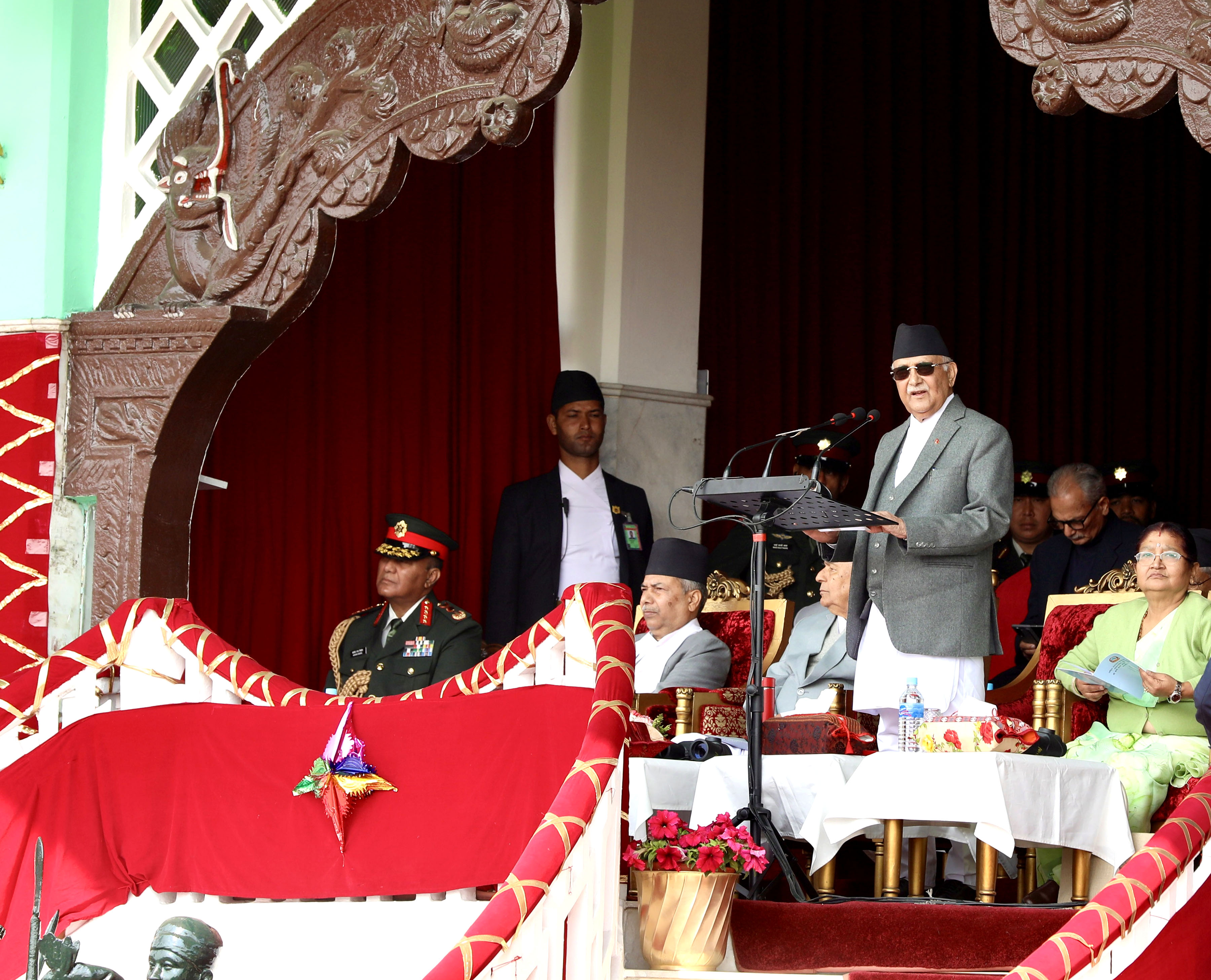Until last year, organic tea from this district's farm would be booked even before they were plucked from the fields. Demands from Germany, USA, UK, Austria, France and Japan would be greater then it could supply. They would come to the field with experts to test tea and would return happy. Many would book even for next time. Tea factories reported that this year they did not have these visitors.Anthraquinone was found in 'remarkable' quantity in tea produced from some of the eastern hills of Ilam last year. The tea supplied to Germany had disappointed the dealers. "Due to the fear of the chemical, no demand has come from Europe till now this time," said Ramchandra Nepal, manager of Himalayan Sangrila Tea Producers in Sakhejung.
He stated that businessmen in Ilam have become more careful about the issue. "We have tried hard to ensure that we produce best quality tea. But still the buyers have not shown up this year," he said. He added that the quantity of the chemical was not too high, at least not to the extent that it could harm humans. "Though the quantity of the chemical found in it was not significant, Europe dealers have been alarmed by it," Nepal said. He informed that 500 kg of tea from his factory has been sent to Europe for testing.
Uday Chapagain, operator of Gorkha Tea State said that besides the chemical, other things have also affected the tea quality. According to him, the lack of timely rain has adversely affected this year's tea farming. "The presence of the chemical halved the demand of our tea in Europe, adding to it lack of rain has also hit its production. The leaves are not as greener as they should be," he said.
Chapagain said that research is going on over the presence of the chemical in the tea and how it has shown up in tea. "Research is going on at private level. Though this was supposed to be done at the government level, in lack of initiatives from the state, we are doing it" he said.
Meanwhile, Shanta Baskota, marketing manager of Kanchanjangha Tea State in Panchthar, organic tea from Nepal had very good impression abroad. But, that was damaged last year. "Due to the presence of the chemical in the tea, the demand has been hit. Situation is not good," she said. She however claimed that the level of the chemical in the tea from her Tea State was very low, too low to affect human. "Ours was also tested in Germany and it was seen that the level of Anthraquinone was very less to affect human being. Yet, the news has hit the entire tea business in Nepal," she said.
Banskota feels that the image could be improved in time to come and the business revived. In the next testing organic tea from Nepal could give good results and regain the trust, she said. "First thing is, the level of chemical found in Nepal's tea was not as high as that could harm. We have not been able to make the dealers there understand that. Next, testing would go on and if we could show better results, our tea would once again be equally demanded for sure," she said.
Following the lab testing last year and finding of the chemical, businessmen in Europe had warned Nepali dealers not to buy from them. Experts state that 28 microgram of Anthraquinone per one kg tea is harmful. "However, tea from neighboring Indian city of Darjeeling is sold as big brand though some samples from there contain up to 38 microgram of Anthraquinone," Banskota remarked.
Lack of conservation area for rare tea plant







































